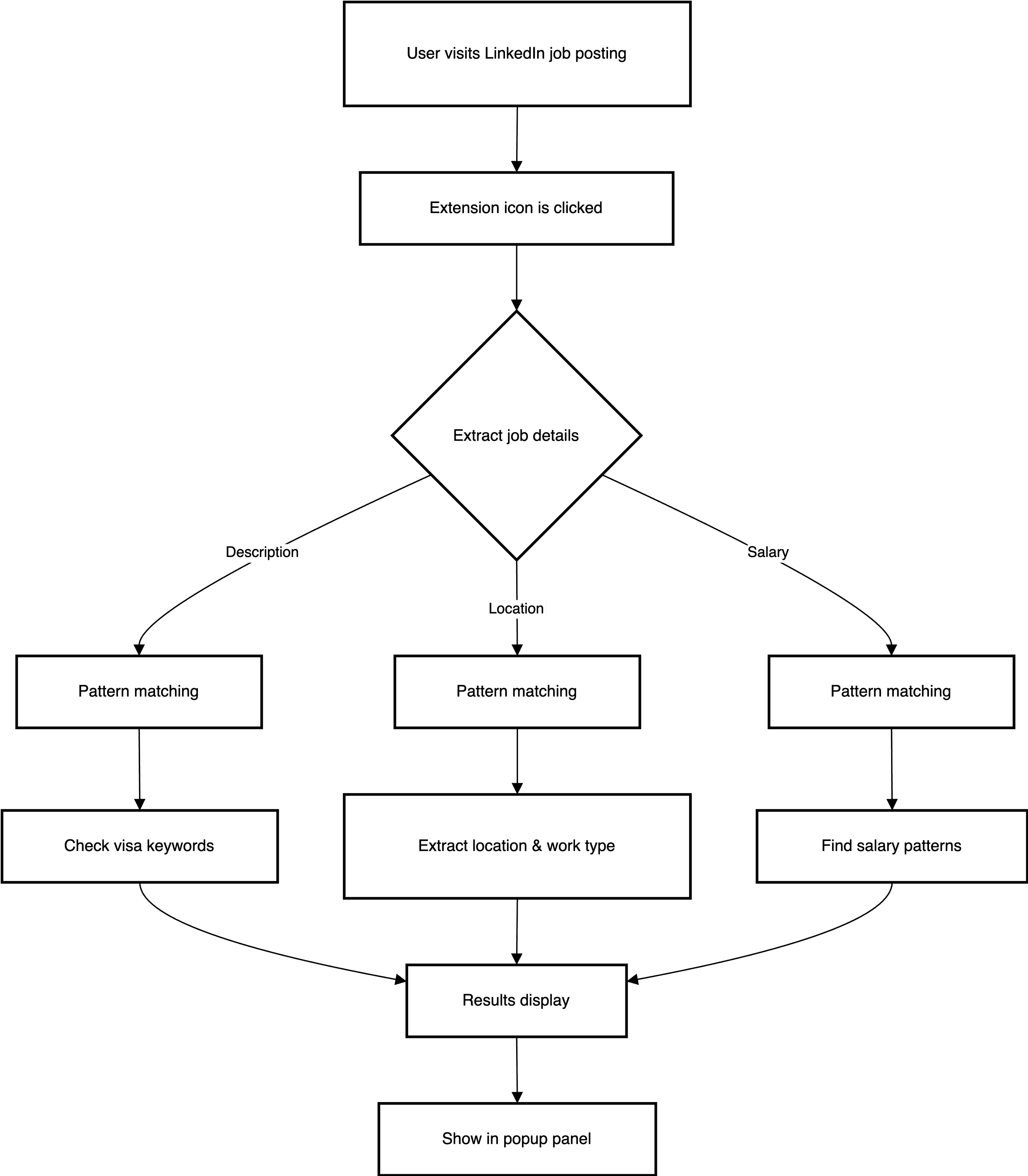Upcoming releases will showcase customized tools spanning academic, personal, and professional domains, with bi-weekly updates on new features and developments.

Development Pipeline
PROJECT OVERVIEW
/PROJECT OVERVIEW/
This project spans 7 sprints
This project spans 2 sprints.
Inspired by the challenge of managing multiple productivity tools and calendars, I developed Veronica, an AI-driven personal assistant that unifies task management into a seamless hub. Prioritized over seven focused sprints, the system integrates intelligent workflow analysis and voice interaction to streamline priorities across academic, professional, and personal domains. By consolidating tools like Notion and various calendars into an adaptive platform, Veronica enhances productivity and time efficiency through personalized optimization, simplifying daily organization.
Designed and developed an AI-powered browser extension that enhances the
job search experience by delivering real-time insights on job postings. The
extension streamlines user interactions by making critical job details—such as
visa sponsorship, salary, and location—immediately accessible.
Project Veronica
Personalized AI companion
Veronica AI is a smart personal assistant that streamlines workflow and manages tasks across academic, professional,
and personal domains. Using AI-powered analysis and voice interaction, it adapts to user behavior to provide personalized scheduling, task prioritization, and productivity optimization.
Currently working on the windows, phone and tablet swatch


Timeline
Timeline
14 weeks
My Role
My Role
Full Stack Developer, Product Manager & UX Designer




Tools Employed
Tools Employed
PART 1: THE PROFESSIONAL ASSISTANT
/THE WORKING/
The LinkedIn Job Search Assistant
The LinkedIn Job Search Assistant
Engineering a job search assistant was of the highest priority, so I developed a Chrome extension powered by Claude AI that transforms job hunting by intelligently scanning and filtering opportunities based on visa sponsorship, salary requirements, and location preferences.
Engineering a job search assistant was of the highest priority, so I developed a Chrome extension powered by Claude AI that transforms job hunting by intelligently scanning and filtering opportunities based on visa sponsorship, salary requirements, and location preferences.
The Logic
The extension analyzes job postings by scanning the content for specific keywords and patterns.
Once triggered, it searches for work visa-related terms, salary information, and location details using pattern matching.
The results are then instantly displayed in a popup panel without requiring any external API calls or processing.
The extension analyzes job postings by scanning the content for specific keywords
and patterns.
Once triggered, it searches for work visa-related terms, salary information, and location details using pattern matching.
The results are then instantly displayed in a popup panel without requiring any
external API calls or processing.
As mentioned above, the extension scans job postings for visa sponsorship availability,
salary, and location details, displaying these insights instantly in a clean popup interface.
As mentioned above, the extension scans job postings for visa sponsorship
availability, salary, and location details, displaying these insights instantly in
a clean popup interface.
Extension Walkthrough
Extension Walkthrough
Challenges faced:
Challenges faced:
1. Cross-Origin Resource Sharing (CORS) & authentication issues blocked direct API calls from the extension to Anthropic's servers.
2. Injecting panels into LinkedIn's interface failed due to its dynamic loading system.
3. Network errors & timeouts caused inconsistent results when using the external API.
4. Storing API keys securely in the extension posed significant security risks.
5. Parsing JSON responses often failed due to inconsistent API response formats.
1. Cross-Origin Resource Sharing (CORS) & authentication issues blocked direct
API calls from the extension to Anthropic's servers.
2. Injecting panels into LinkedIn's interface failed due to its dynamic loading system.
3. Network errors and timeouts caused inconsistent results when using the
external API.
4. Storing API keys securely in the extension posed significant security risks.
5. Parsing JSON responses often failed due to inconsistent API response formats.
















